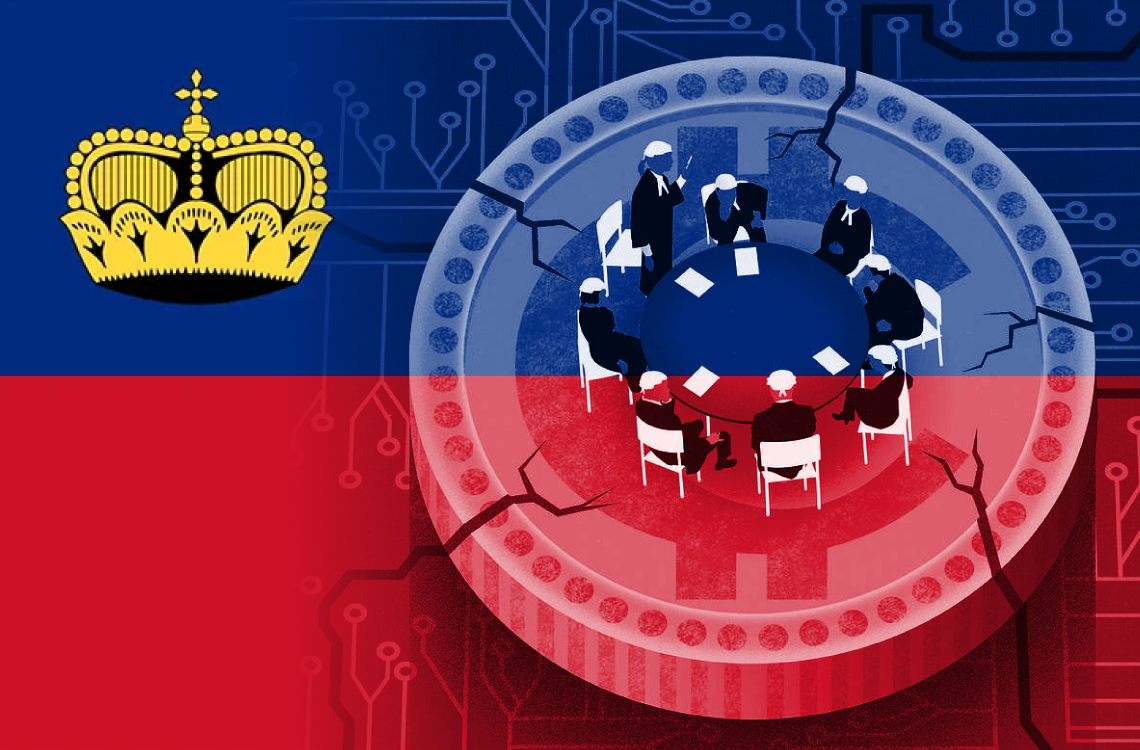Liechtenstein, a small European nation nestled between Switzerland and Austria, has been at the forefront of the blockchain and cryptocurrency industry since its early days. As the crypto landscape continues to evolve, this tiny country is proactively adapting its blockchain laws to stay ahead of the curve.
The Token and Trusted Technology Service Providers Act (TVTG), also known as the Liechtenstein Blockchain Act, was implemented in 2020, setting the stage for a regulated environment for token-related services.
Proactive legislation for a growing industry
The TVTG has attracted an influx of crypto service providers to Liechtenstein, drawn by the high level of regulatory certainty and open communication with the local Financial Market Authority (FMA).
However, as the crypto landscape rapidly changes with the introduction of decentralized finance applications and nonfungible tokens (NFTs), there’s a pressing need for Liechtenstein to adapt its blockchain laws to these new developments.
In an interview with Thomas Dünser, Director of Liechtenstein’s Office for Financial Market Innovation and Digitization, it became evident that the country is well-prepared to adjust its legislation to accommodate new technologies.
Dünser, a senior adviser to the Prime Minister and co-author of the Blockchain Act, stated that the TVTG was deliberately designed to be flexible and technology-neutral, allowing it to accommodate a wide range of tokenizations beyond NFTs.
Flexible regulation for a decentralized future
According to Dünser, Liechtenstein regulators foresaw the trend toward decentralization and incorporated it into the Blockchain Act. The TVTG is “principle- and role-based” instead of “rule- and business model-based,” making it more adaptable to innovations in technology.
In this context, the legal framework addresses risks to users, regardless of the business model, and service providers are responsible for mitigating these risks.
Dünser also stressed the importance of the legal system’s ability to innovate, as it can either hinder or facilitate technological advancements.
To achieve this, Liechtenstein has established an innovation framework that includes the Regulatory Laboratory at the FMA. Dünser believes this approach has proven successful, but similar structures would be necessary on a regional level, especially within the European Economic Area.
Liechtenstein striking the right balance in regulation
While Liechtenstein has been proactive in adapting its blockchain laws, Dünser cautioned against overregulation, emphasizing that the current Blockchain Act already addresses token custody and legal separation in the event of bankruptcy.
However, he acknowledged that some adjustments are necessary, particularly concerning staking or borrowing and lending customer tokens by crypto exchanges.
As the European Union’s Markets in Crypto-Assets (MiCA) regulation does not yet address these issues, Liechtenstein will need to balance its efforts to provide a crypto-friendly environment with the need to ensure the safety and security of its citizens and businesses.
By remaining open to innovation and updating its legal framework accordingly, Liechtenstein is positioning itself as a leader in the evolving crypto landscape.
With its forward-thinking approach to blockchain regulation and its commitment to fostering innovation, Liechtenstein is well on its way to becoming a trailblazer in the cryptocurrency industry.
As the country continues to adapt and evolve its legal framework, the rest of the world will be watching closely, eager to learn from Liechtenstein’s pioneering efforts.





